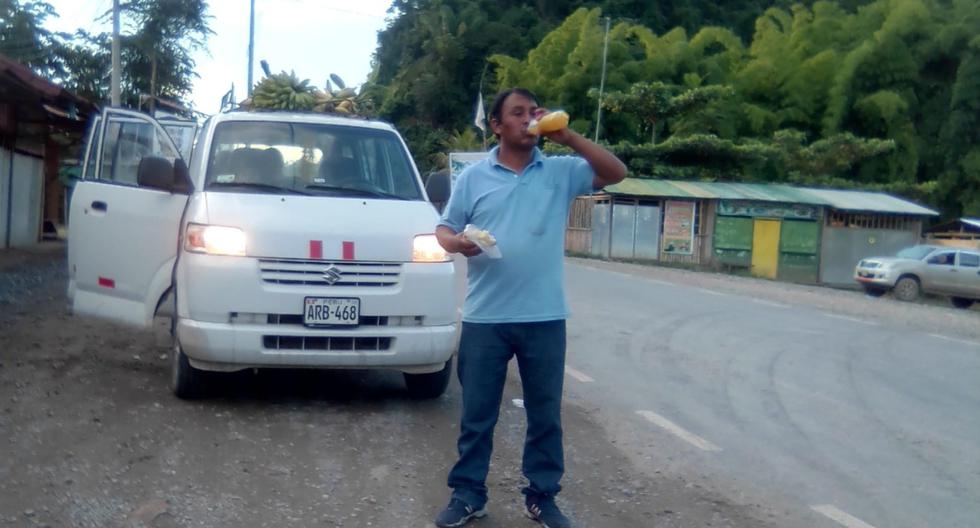The Ministry of Health is in the process of informing and warning about the impact of obesity on health, and promoting the adoption of healthy habits to prevent and control this disease, classified as “the epidemic of the 21st century”. This year they will focus on childhood obesity.
Dr. Guillermo Sequera, head of Health Surveillance, warns that obesity is skyrocketing, both in the adult population, as well as in children.
“From 2007 until now, we see that, year after year, the proportion of schoolchildren, children and adolescents between 5 and 18 years of age who have obesity increases,” he said.
Sequera previously mentioned that less than 5% of the child population was obese, a figure that could be attributed to a genetic disposition. However, the percentages have exceeded 15%, reaching close to 20%, which indicates that something else is happening.
“Today children are much more overweight and obese, three to four times more than what was recorded years ago,” the epidemiologist pointed out.
According to data provided by the Nutritional Food Surveillance System, in the country, 21.6% of children and adolescents from 5 to 19 years of age are overweight and 13% suffer from obesity.
Children who are overweight or obese are more likely to remain obese in adulthood and to suffer from noncommunicable diseases, such as diabetes and cardiovascular disease, at younger ages.
Dr. Sequera warned that if action is not taken quickly with the adoption of healthy habits, these children (overweight and obese) will be the future chronically ill who, being young, between 30 and 40 years old, will have high blood pressure, diabetes , kidney problems, and even hemodialysis.
The doctor asserted that obesity is directly related to two factors:
*What we eat: there is a higher consumption of ultra-processed products and less fresh food.
*How much we move: we move less and less, which leads to weight gain.
You have to start changing habits to achieve a healthy lifestyle. Bringing fresh food and movement back into fashion.
Dr. Guillermo Sequera’s proposal is to go for walks, climb stairs and take advantage of seasonal fruits and vegetables and include them in the daily family consumption.

















